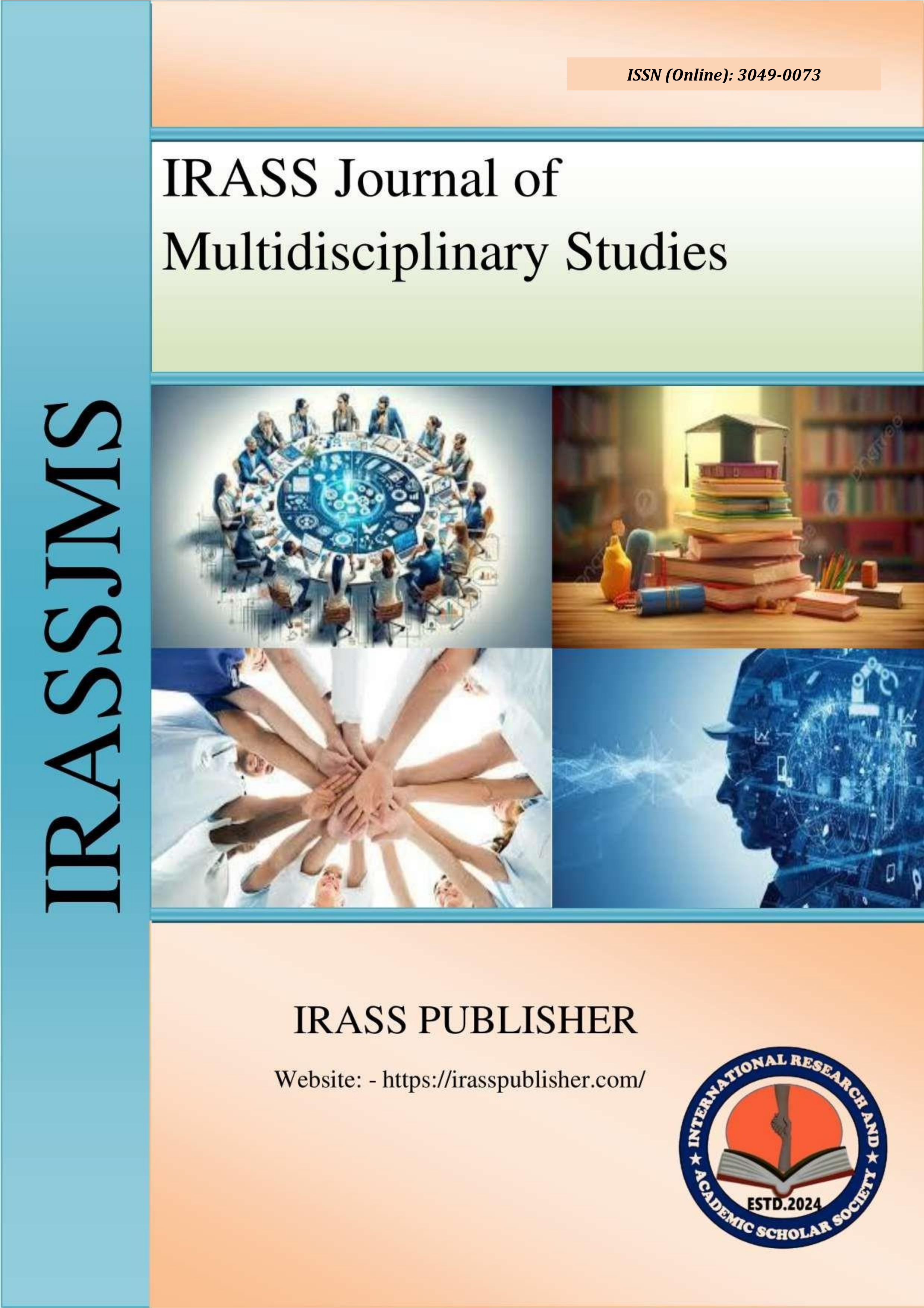Managing Capital Flows: The Strategic Role of Capital Controls in Economic Stability
Sr No:
Page No:
24-35
Language:
English
Authors:
DR. BRIJ BEHARI DAVE*
Received:
2024-10-28
Accepted:
2024-11-17
Published Date:
20204-11-19
GoogleScholar:
Click here
Abstract:
This paper examines the role of capital controls in shaping economic performance,
with a focused empirical analysis in using the Capital Control Index by Chinn and Ito with
emphasis on India. By integrating cross-country case studies and a robust quantitative
framework—including correlation, regression, and panel analyses—the study investigates how
calibrated capital control measures can simultaneously foster economic stability and provide
policy flexibility during periods of financial turbulence. The findings indicate that while
excessively stringent capital controls may hamper growth, moderate and strategically
implemented measures, in conjunction with disciplined domestic credit management and a sound
institutional framework, can effectively mitigate the adverse effects of volatile capital flows.
Through extensive empirical evidence, including time series analysis and structural equation
modelling, the research underscores the importance of domestic policy discipline in enhancing
the buffering capacity of capital controls against external economic shocks. The paper ultimately
contributes to the ongoing debate on the efficacy of capital controls in emerging economies,
suggesting that tailored regulatory approaches can play a crucial role in sustaining long-term
economic resilience and growth.
Keywords:
Capital Controls, GDP growth rate, Exchange Rate Volatility, Political Stability.
Journal: IRASS Journal of Multidisciplinary Studies
ISSN(Online): 3049-0073
Publisher: IRASS Publisher
Frequency:
Monthly
Language:
English

